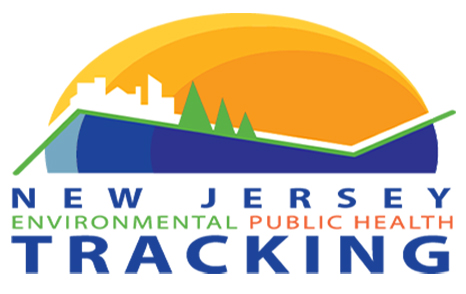
Environmental Justice at New Jersey State Agencies
Learn about ways other NJ executive branch departments and agencies incorporate EJ in their activities.
Executive Order No. 23 (E.O. 23) pdf was signed by Governor Philip D. Murphy on April 20, 2018. In E.O. 23, Governor Murphy recognized that, historically, New Jersey’s low-income communities and communities of color have been exposed to disproportionately high and unacceptably dangerous levels of air, water, and soil pollution, with the on-going potential for increased impacts on public health. These communities continue to be disproportionately affected by environmental degradation, health risks, housing challenges, and inadequate access to resources that affect their quality of life. Recognizing this history and the continued need to address environmental justice, E.O. 23 emphasizes that residents of all communities should receive fair and equitable treatment in decision-making that affects their environment, communities, homes, and health.
E.O. 23 directs the Department of Environmental Protection (DEP) to develop guidance for all state departments to incorporate environmental justice considerations into their actions. The guidance document will provide a framework for Executive Branch agencies and departments on how to consider environmental and health impacts of their programs and policies in overburdened communities. It seeks to bring state agencies and departments together to tackle the many complex environmental justice issues related to quality of life, including housing, health, transportation and strategic enforcement actions.
Furthering the Promise: A Guidance Document for Advancing Environmental Justice Across State Government pdf provides a framework for Executive Branch agencies and departments on how to consider environmental and health impacts of their programs and policies in overburdened communities. It seeks to bring state agencies and departments together to tackle the many complex environmental justice issues related to quality of life, including housing, health, transportation and strategic enforcement actions.
E.O. 23 September Stakeholder Meetings:
- September 13, 2018 (Trenton), September 18, 2018 (Newark) & September 20, 2018 (Camden) Agenda
- September 13, 2018 (Trenton), September 18, 2018 (Newark) & September 20, 2018 (Camden) Summary
- September PowerPoint Slides
E.O. 23 July Stakeholder Meetings:
Environmental Justice Interagency Council (EJIC)
E.O. 23 also directs DEP to facilitate an Environmental Justice Interagency Council (EJIC) which convenes to help agencies adopt the principles; complete Executive Branch initial assessments; participate in workshops and trainings; and create Executive Branch action plans. EJIC will also oversee the development of a transparent process for setting milestones and regular evaluation of progress in implementing the action plans. Evaluation with a progress report will be provided to the public every two years.
The Environmental Justice Interagency Council will provide the forum for interagency collaboration to ensure regular and effective interagency communication, coordination and consistency; sharing of information and best practices; leveraging of resources and actions to advance the principles described above; and measuring our progress in individual and shared milestones to advance environmental justice via reduced environmental and public health stressors and increased environmental and public health benefits.
Representatives: Each department or agency that participates on the Council will be represented by a senior official designated by the agency head and by its Environmental Justice Liaison.
NJ Department of Health Environmental Public Health Tracking (EPHT)
The New Jersey Department of Health (NJDOH) and the New Jersey Department of Environmental Protection (NJDEP) continue to expand the New Jersey Environmental Public Health Tracking (EPHT) Network, which is part of a National EPHT Network developed by the U.S. Centers for Disease Control and Prevention (CDC), 25 states, and New York City.
NJDOH and NJDEP collect data on health, human exposures and environmental hazards. The New Jersey EPHT Network seeks to bring this information together. Tracking data can be used to help understand patterns and trends in environmental hazards, levels of Human Exposure, and patterns and time trends in diseases.
